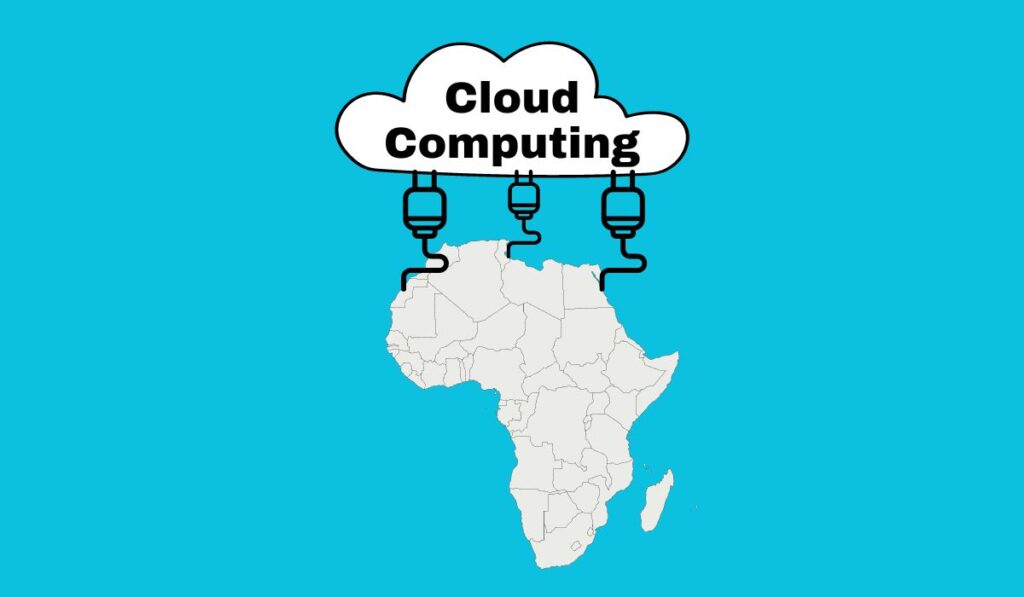By Christopher Saul, Territory Sales Lead for East Africa at Red Hat
Cloud computing and agriculture are two terms you would not commonly hear in the same sentence. Despite that, Kenya’s cloud revolution bodes a lot of potential for what is one of the nation’s most important and economically valuable sectors. Kenya’s cloud market is always growing, evidenced by announcements by multiple hyperscalers to open new cloud regions and spearhead digital initiatives to support safe and secure cloud services across the region.
But what does that all mean for the average Kenyan farmer? The value of the cloud, specifically hybrid cloud, may not be immediately apparent but it represents a means to transform traditional agricultural business activities as well as reshape operators’ relationships with IT applications and infrastructure. Not to mention, the cloud is the gateway through which operators access new technologies, including artificial intelligence and machine learning (AI), and leverage new digital processes and insights.
The promise of digital transformation
Agriculture is paramount for Kenya’s economy and its people. The sector contributes 33% of the nation’s gross domestic product (GDP) and another 27% indirectly through links with other sectors. It accounts for 65% of export earnings and employs more than 40% of the total population, as well as 70% of the rural population.
Given the criticality of the sector, the challenges that farmers and cooperatives face on the ground need to be taken seriously. Farmers are becoming increasingly vulnerable to the effects of climate change. The sector’s expansion, both geographically and economically, equals increased competition in the market as well as for natural resources, prompting operators to seek out new ways to increase efficiency, optimise output and business performance, and adopt 4IR technologies.
Indeed, digital transformation has had a profound impact on agriculture in Kenya. According to the Kenya Institute for Policy Research and Analysis (KIPPRA), the country offers 95 digital agricultural services, almost double the number in other African countries such as Nigeria, while digital marketing platforms have contributed to market access by reducing information asymmetry, facilitating direct transactions, and creating more efficient value chains.
Cloud…in the field
Taking a step back from mobile applications and digital platforms, agriculture sector operators need to get smart about how what shape their IT and computer infrastructure takes. Right out the gate, cloud computing yields value to farmers by letting them outsource their computer infrastructure and focus on their core business functions.
With a simple internet connection, operators can access a shared pool of configurable system resources. Furthermore, by partnering with a cloud or managed service provider, operators gain access to expertise in the field as well as a simplified IT management process, with a pay-as-you-go model giving them the flexibility they need to leverage the resources they need and cut unnecessary expenditures.
Cloud computing in agriculture equates to some very unique use cases. With the availability of real-time computation and data storage, farmers can capture all past and present information related to their crops. This includes soil information, weather conditions, and general administrative and financial information. Using all of this, farmers can monitor their crop yield, identify patterns in weather, and overall enhance their operational decision-making.
The seeds of innovation
With cloud computing forming the basis of IT infrastructure and enabling farmers to leverage digital platforms and resources, it opens the door to new kinds of agriculture techniques defined by intelligence and driven by data. This is a necessary evolution of the sector, as data-driven agriculture techniques could increase farm productivity by more than a third by 2050.
Like every industry around the world, AI/ML is poised to be a game changer in agriculture. Mobile-based information retrieval, combined with advancements in generative AI (GenAI), can benefit smallholder farmers in Kenya by sorting unstructured data and turning it into actionable insights. In creating additional value, AI can drive gains in productivity and efficiency, while also making farmers more competitive and attractive to customers, as well as providing valuable information to policymakers who can then use it to guide long-term sector strategies.
All this is possible in Kenya, and it’s made possible with the help of the cloud. By incorporating cloud computing into their business strategies and leveraging the platforms available to them, Kenyan farmers can lay a course for themselves to achieving sustainable growth, the goal of any successful agriculture endeavour.

